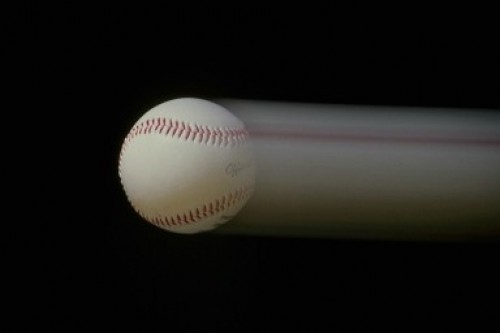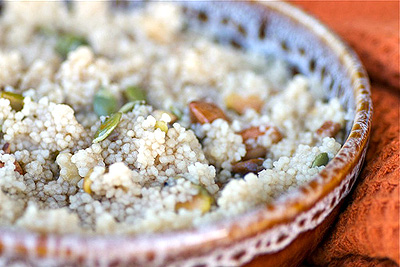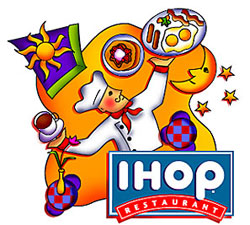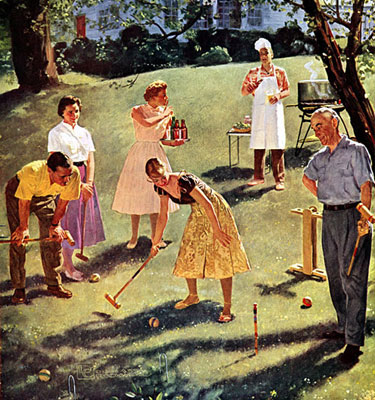 The guy to the right of me, wearing a stained #13 Alex Rodriguez jersey, grabbed his glove and screamed “Here it comes! Here it comes!”
The guy to the right of me, wearing a stained #13 Alex Rodriguez jersey, grabbed his glove and screamed “Here it comes! Here it comes!”
The woman behind me was yelling “Oh my gawd! It’s comin’ this way!”
The man in front of me put down his beer and said “I got it, I got it.”
All I could see was that spinning white orb against the summer night sky, getting closer and closer. It was like it was looking right at me. All I could think was “OHMYGOD”.
I was 7 years old the first time I went to Yankee Stadium. It was the summer of 1977; the Summer of Sam; a blazingly hot summer of serial killers, blackouts, and punk rock. My folks were good friends with a few people that were rabid Yankees fans. How could you not be that year? Willie Randolf, Ron Guidry, Thurman Munson, Bucky Dent, and, of course, Mr. October, Reggie Jackson. My birthday is in October and so I always felt he and I had a special connection.
It was different then. It was mania. It was terrifying as we shuffled our way through the concourse- beers sloshing onto me, cigarette cherries burning my arms, sweaty crowds of smelly New Yorkers pushing to get to their seats in time.
Well, maybe it wasn’t that different.

 I blame my mom. Growing up eating her hearty Italian pasta dinners has made nearly all other grains seem insubstantial. Rice is good, but you have to eat more of it to get full. Wheatberries are filling, but they take too long to cook. Couscous is, well, wimpy. That's right, couscous is wimpy. How can anyone get full on a dinner of delicate, fluffy couscous? I can't. That's why I have relegated it to breakfast.
I blame my mom. Growing up eating her hearty Italian pasta dinners has made nearly all other grains seem insubstantial. Rice is good, but you have to eat more of it to get full. Wheatberries are filling, but they take too long to cook. Couscous is, well, wimpy. That's right, couscous is wimpy. How can anyone get full on a dinner of delicate, fluffy couscous? I can't. That's why I have relegated it to breakfast.  Or maybe I should say citrus was California?
But no, despite the Southern California citrus industry going the way
of the subsequent aerospace industry, I still think citrus is
California. I was inspired to write about California citrus by an
article that recently ran in the Sunday Los Angeles Times’ L.A. Then and
Now column:
Or maybe I should say citrus was California?
But no, despite the Southern California citrus industry going the way
of the subsequent aerospace industry, I still think citrus is
California. I was inspired to write about California citrus by an
article that recently ran in the Sunday Los Angeles Times’ L.A. Then and
Now column:  Before there was IHOP, there was Gwynn’s.
Before there was IHOP, there was Gwynn’s.  Last fall, a neighbor of mine called to say he had a small Guernsey
cow, which wasn’t producing enough milk to keep her spot in his herd.
Since she was already bred, he hated to send her to slaughter, so he
said he’d give her to us.
Last fall, a neighbor of mine called to say he had a small Guernsey
cow, which wasn’t producing enough milk to keep her spot in his herd.
Since she was already bred, he hated to send her to slaughter, so he
said he’d give her to us.

